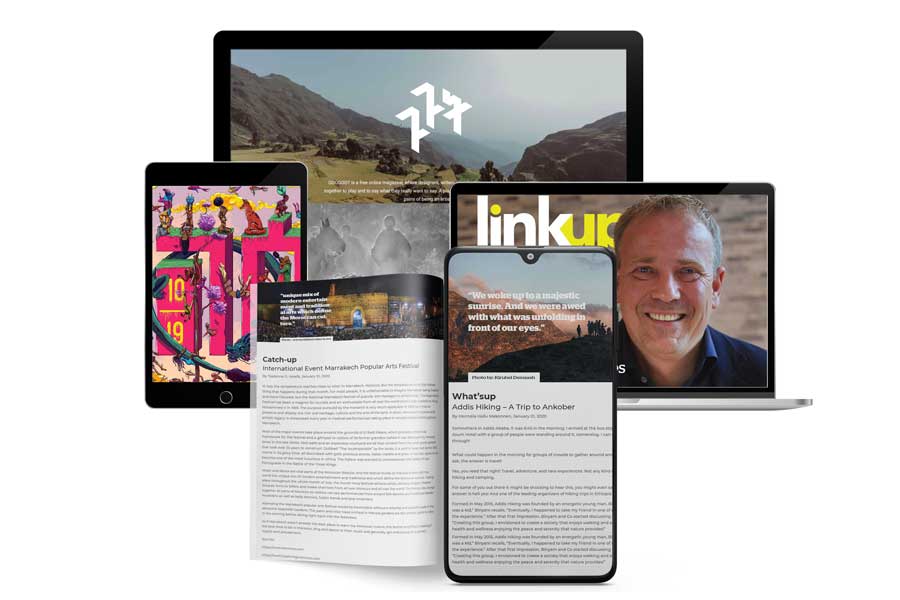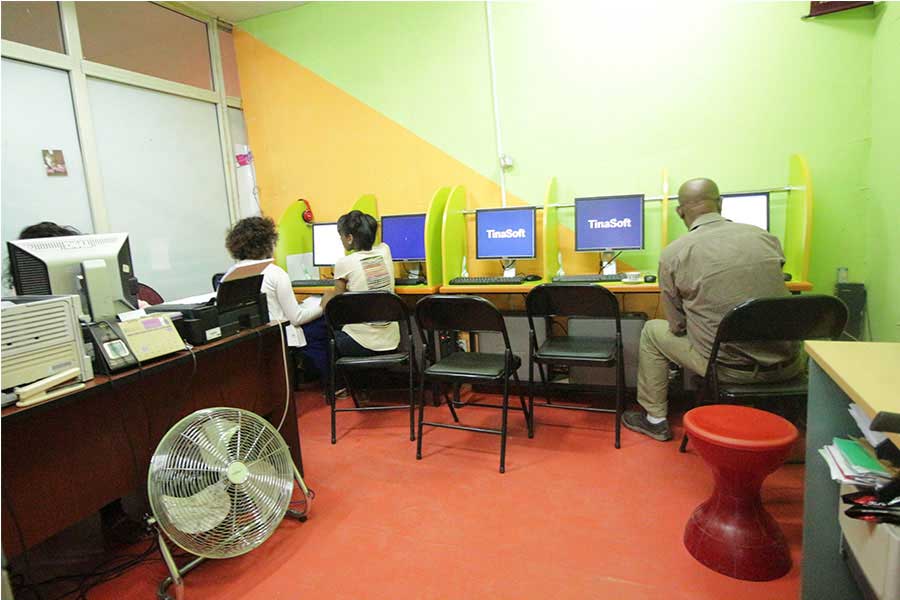
Sep 27 , 2020
By Carolyn Kissane
The media can be quite addictive. But we cannot help but participate in perpetuating its profound entanglement with our daily lives, spending our precious time glued to our screens when we could be living our lives.
A week ago, I had the chance to meet inspiring people at an orientation I was taking. Even though all of us came from different backgrounds and experiences, we had one thing in common - we are consumers of media.
One of the training participants told the story of the time she lost her job and the depression that attended it. She binge-watched TV all day, almost becoming mentally paralysed. But after taking some time to think and evaluate her circumstance, she decided to detach. This meant unplugging everything, including putting away her TV. After that, she was able to get back to her normal self and started going out and hunting jobs.
She could not believe that TV could have such a negative impact on her. It was only ironic that the orientation was for an anchoring job on TV.
But the effects are undeniable. I relate to her story because there was a time in my life when all I did was watch TV. It did make me feel useful, distracting me from thinking about my future, but I felt like I was throwing my life away. The frightening part is that the media, in many cases, is only a tool for selling goods.
The advertisements between every programme create unwilling consumers even when we have no knowledge of it or have no initial intention of buying a product. Food adverts are the worst. They make us crave the food – which is usually junk food – through visual cues. It is like cigarette ads – which are banned almost everywhere because of their ability to create cravings – but legal in the case of food advertisements.
It is not just food. It is a whole host of goods and services that we often do not need but are advertised to make us believe they are a means of securing a certain status. They turn us into beings that attempt to fulfill their satisfaction through material gains. But materialistic tendencies are likely to create an appetite that can never be filled.
With advances in technology, however, the media has evolved. TV and radio are now considered traditional media. The new kid on the block is social media, which seems to have perfected the creation of easily accessible but heavily addictive content into a tool for selling goods and services.
The Social Dilemma, a Netflix documentary that tells us much of what we already know, stresses this point. One of the participants in the orientation that saw the film said she became afraid to log onto her social media platforms afterwards. She felt like her every move was being monitored.
The film tells of how the various social media platforms were purposely designed to make us addicts. The impact is worse on the youth - they turn to it for validation, proof of their social worth. The people who used to work for various social media platforms and were featured in the documentary talk about how they do not let their children have accounts.
“If you are getting something for free then you are the product," a sentence that stuck with me after our discussions on the effect of media.
Ever noticed how the items we search on Google or content we "liked" show up in different forms, perhaps as an ad, on our social media accounts? How do they know we want these things?
It is because these platforms gather our information and exchange it among themselves to sell to companies that in turn want us to buy something. Technically, to the social media companies, we are not just the customers. We are the products.
On the trailers to the documentary on YouTube, the comments show an acknowledgement of the intents of the social media companies. All of us seem to know what is happening, and yet cannot help but engage.
"There are only two industries that call their customers 'users': illegal drugs and software," said one commentator, quoting Edward Tufte, an American statistician.
We should remain optimists nonetheless. Media is not bad as long as we know how to limit our engagements. We can use these platforms to learn, entertain and interact with others. Friendship and relationships that last are born from these interactions, and some experiences might even change our lives for the better.
Many also use media to educate and inspire others. Social media has been used as a force for social change, with people speaking truth to power with the knowledge that they have been freed of the monopolised nature of traditional media. It is thus up to us to self-regulate our consumption of what we find on our screen.
PUBLISHED ON
Sep 27,2020 [ VOL
21 , NO
1065]


Featured | Feb 01,2020

View From Arada | Mar 19,2022

News Analysis | Jan 05,2020

Life Matters | Feb 11,2023

My Opinion | Jan 30,2022

Commentaries | Aug 31,2019

Viewpoints | Jun 27,2020

View From Arada | Jan 07,2022

Editorial | Oct 08,2022

Agenda | May 04,2024

My Opinion | 131673 Views | Aug 14,2021

My Opinion | 128039 Views | Aug 21,2021

My Opinion | 126001 Views | Sep 10,2021

My Opinion | 123622 Views | Aug 07,2021

Dec 22 , 2024 . By TIZITA SHEWAFERAW
Charged with transforming colossal state-owned enterprises into modern and competitiv...

Aug 18 , 2024 . By AKSAH ITALO
Although predictable Yonas Zerihun's job in the ride-hailing service is not immune to...

Jul 28 , 2024 . By TIZITA SHEWAFERAW
Unhabitual, perhaps too many, Samuel Gebreyohannes, 38, used to occasionally enjoy a couple of beers at breakfast. However, he recently swit...

Jul 13 , 2024 . By AKSAH ITALO
Investors who rely on tractors, trucks, and field vehicles for commuting, transporting commodities, and f...

Jun 28 , 2025
Meseret Damtie, the assertive auditor general, has never been shy about naming names...

Jun 21 , 2025
A well-worn adage says, “Budget is not destiny, but it is direction.” Examining t...

Jun 14 , 2025
Yet again, the Horn of Africa is bracing for trouble. A region already frayed by wars...

Jun 7 , 2025
Few promises shine brighter in Addis Abeba than the pledge of a roof for every family...

Jun 29 , 2025
Addis Abeba's first rains have coincided with a sweeping rise in private school tuition, prompting the city's education...

Jun 29 , 2025 . By BEZAWIT HULUAGER
Central Bank Governor Mamo Mihretu claimed a bold reconfiguration of monetary policy...

Jun 29 , 2025 . By BEZAWIT HULUAGER
The federal government is betting on a sweeping overhaul of the driver licensing regi...

Jun 29 , 2025 . By NAHOM AYELE
Gadaa Bank has listed 1.2 million shares on the Ethiopian Securities Exchange (ESX),...